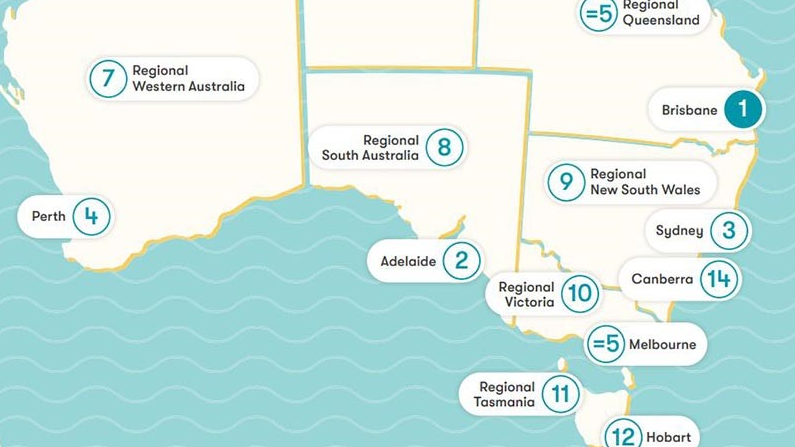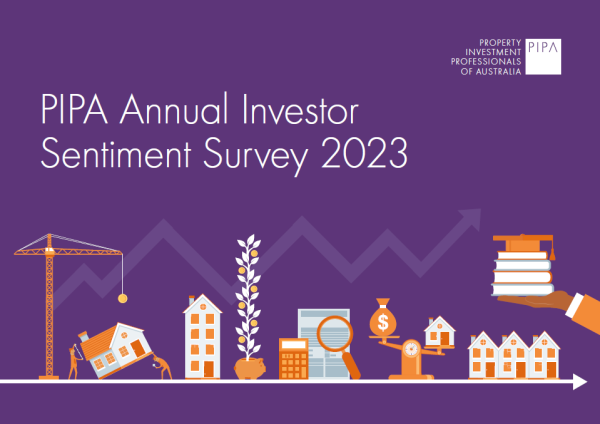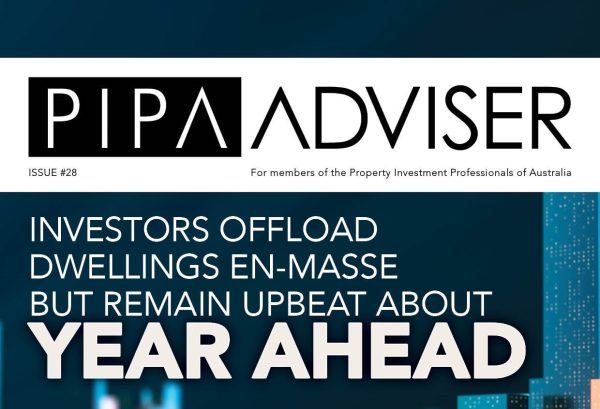‘Bloodbath’: Investors tipped to flee if Qld brings in rent cap
Mar 2023Karen Millers
Categories
Location ReportsMedia releasesNational market updatesPersonal advisersPIPA AdviserPIPA Annual Investor Sentiment SurveysPIPA Member ProfilesPIPA video updatesPIPA webinarsPodcastsProperty advisersProperty newsLatest Articles
‘More chance of winning lotto’ than housing targets being met
PIPA Member Profile | Amanda Turner, Opulence Property
The introduction of a rent cap in Queensland would lead to a “bloodbath” as investors walk away from the Sunshine State, further exacerbating the state’s housing crisis.
Investors and advocacy groups fired up after Annastacia Palaszczuk revealed the state government was “very seriously” considering introducing a price cap on private rentals after a new report laid bare the scale of Queensland’s housing crisis.
“This is a big issue for families,” the Premier said at a press conference yesterday.
“They are constantly being faced with huge increases in rent and this is putting a lot of pressure on families.
“We’re looking very seriously at how a rental cap can be put in place.”
The statement by Ms Palaszczuk went down like a lead balloon among landlord advocacy groups, real estate professionals, buyers agents and investors.
Real Estate Industry of Queensland CEO Antonia Mercorella said the statement came as a shock to the industry.
“Yet again, we are seeing investors, and it’s a disturbing trend, getting the raw deal despite doing the heavy-lifting when it comes to providing housing options in this state,” she said.
“The vast majority are mum and dad investors with one property, and instead of saying thanks to them, the government just wants to punish them more.
“We know renters are doing it tough but this is a supply issue, and if investors say enough and sell up, it won’t solve the lack of social housing issue.
“It won’t be the low income earners who buy that investment property.”
Ray White Marsden principal Avi Khan has almost 2000 rentals on his books across five offices.
“If we go down this road, it will be a bloodbath,” he said.
“There is this perception that all landlords are rich but the majority aren’t and are using an investment property to help fund their retirement.
“The cost of maintenance has gone up, rates have gone up, interest rates have gone up.
“And in many cases, landlords are using their savings to meet their costs even as rents have increased.”
Mr Khan warned that the imposition of a rental cap could force some landlords to sell up, adding that any flood of properties onto the market could also see property values plummet.
“And then when those properties are sold, where do the renters go?” he said.
Bruce McBryde of the Property Owners’ Association of Queensland said the problem would not be fixed with a cap.
“The problem in Queensland, and Australia generally, is that everyone is talking about a rental crisis but it is not a rental crisis, it is a housing crisis,” he said.
“There just isn’t enough housing to meet the needs of the people and the people moving to Australia.
“In the longer term, we need to build more housing but in the short term, the government needs to stop penalising investors.
“People would rather not rent out a property that isn’t economically sustainable due to costs no one is really taking into account.”
Hot Property Buyers Agency managing director Zoran Solano said Ms Palaszczuk should “watch what she says”.
“Speculation about land taxes (which was later shelved) was bad enough for our market,” he said. “Now this?
“Tenants might be surprised to know that in many cases, these rent increases are just the tip of the iceberg when it comes to the real cost of owning an investment.
“Many investors are seriously out of pocket.”
Mr Solano said one client, who owns three units in a block of flats, was generating $55,000 a year in income, but his land tax alone was about to hit $35,000.
“And then there is rates, maintenance,” he said. “He isn’t paying a mortgage so is breaking even but if he was, he would be going backwards.
“If you want to shoot Queensland in the foot, put a cap on rents.”
HTW national director of residential Ben Esau said, in the latest Herron Todd White Month In Review, that although the prospect of increasing rental values may seem attractive to an investor, it may not be so straightforward as landlords grappled with passing on increasing interest rates to struggling tenants.
“Of course, there are also investors who will be significantly impacted by the increasing costs to service an investment property, but where banks are generally well structured to deal with clients in financial distress, individual landlords may not have that capability and may need to navigate chasing increasing returns and the human impact of a fastpaced rental market,” he said.
Readers were also mostly outraged, asking if the government would then step in and put a cap on interest rates, land taxes, insurance, maintenance costs and rates.
“Rental caps without compensation will simply see more houses sold and taken out of the rental pool,” Allan said.
Cheryl added: “How am I to pay the increases in rates, land tax, insurance, water and general repairs? There seems to be no freeze on those.”
Property Investment Professionals of Australia (PIPA) chair Nicola McDougall said the current rental crisis was the result of “years of knee-jerk property policies and legislation”.
“Given property investment should be a long-term strategy, no wonder hundreds of thousands of investors are offloading their properties in reaction to the head-spinning array of financial and legislative imposts that are forever levelled at them,” she said.
Originally Published: Samantha Healy | The Courier Mail | 20 March 2023




